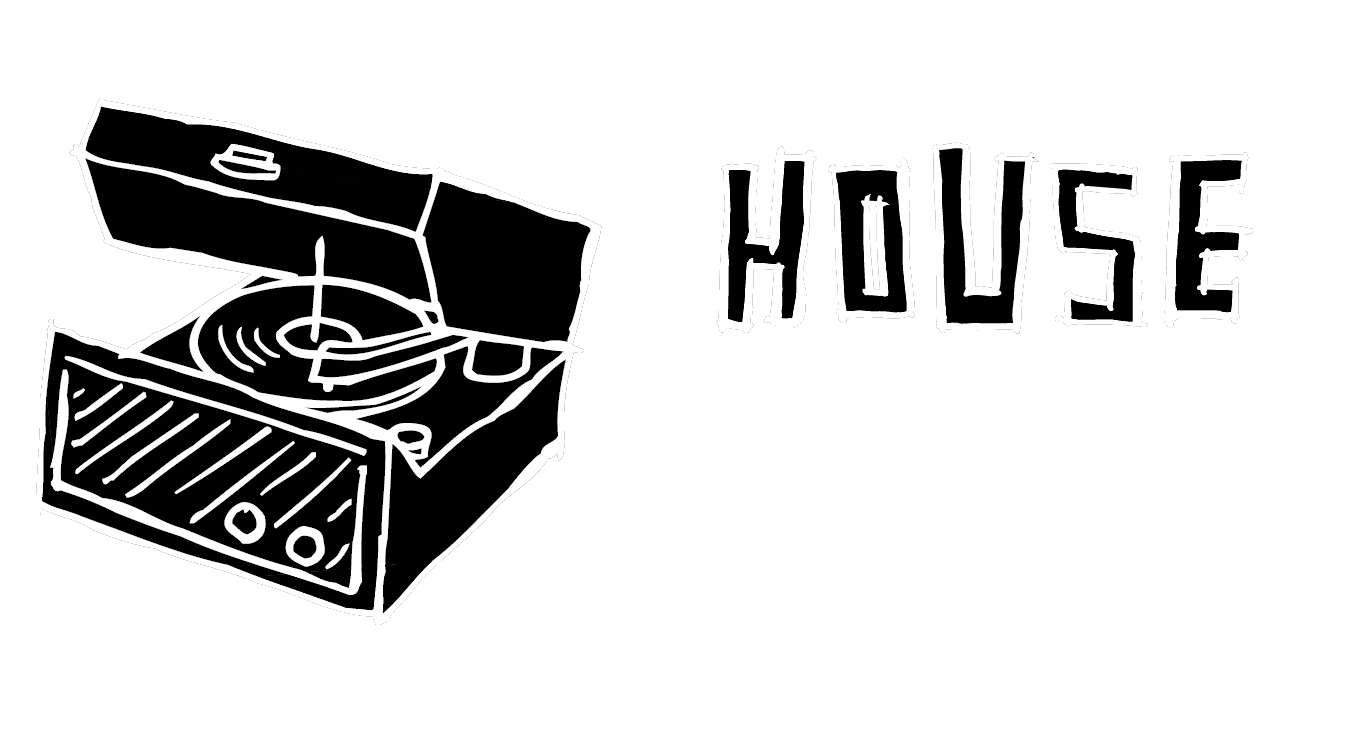When it comes to outdoor events, most people assume that volume is not a big deal. Though you do not have as many volume constraints on sound levels with outdoor events, making sure you are within the limits is still important. Knowing about outdoor event sound limits can help you determine if an event is safe for you to attend or not.
Live Events Sound Limits
For most states and venues, the recommended limit for events in any part of the venue or the space should not exceed 107 decibels. This is to protect the hearing of the people attending the concert or event. Hearing damage can occur at 70 decibels for a prolonged period of time. This means that if you are at a concert for a prolonged amount of time and the decibel level is over 70 dB, you may notice temporary hearing loss or temporary negative hearing effects.
Immediate harm can occur to your ears if you are exposed to sounds that are over 120 decibels. That is why the limit for any concert is only 107 dB. If you are exposed to a sound that is higher than that for too long, it can lead to permanent hearing damage and even permanent hearing loss.
Why Are Sound Level Limits Important?
Making sure that events have a sound level limit is important for several reasons. First, if you are exposed to sounds that are too high, it can cause a ton of hearing damage and can even cause permanent hearing loss. Another thing that sound limits help with is actually enjoying the events.
We have all been to an event that was just a little bit too loud; it makes it hard to enjoy your time, it makes it nearly impossible to talk to other people that are at the event with you, and it can make it hard to actually hear the band or performer that is performing as well. It is always a good idea to have sound limits at any event, even with outdoor events, so that people can actually enjoy the event and enjoy the band or performer there.
Though you might feel that this is a bit of a buzz kill for some, sound limits for live events are in place to protect the people at the event and the performers and the workers at the event.





